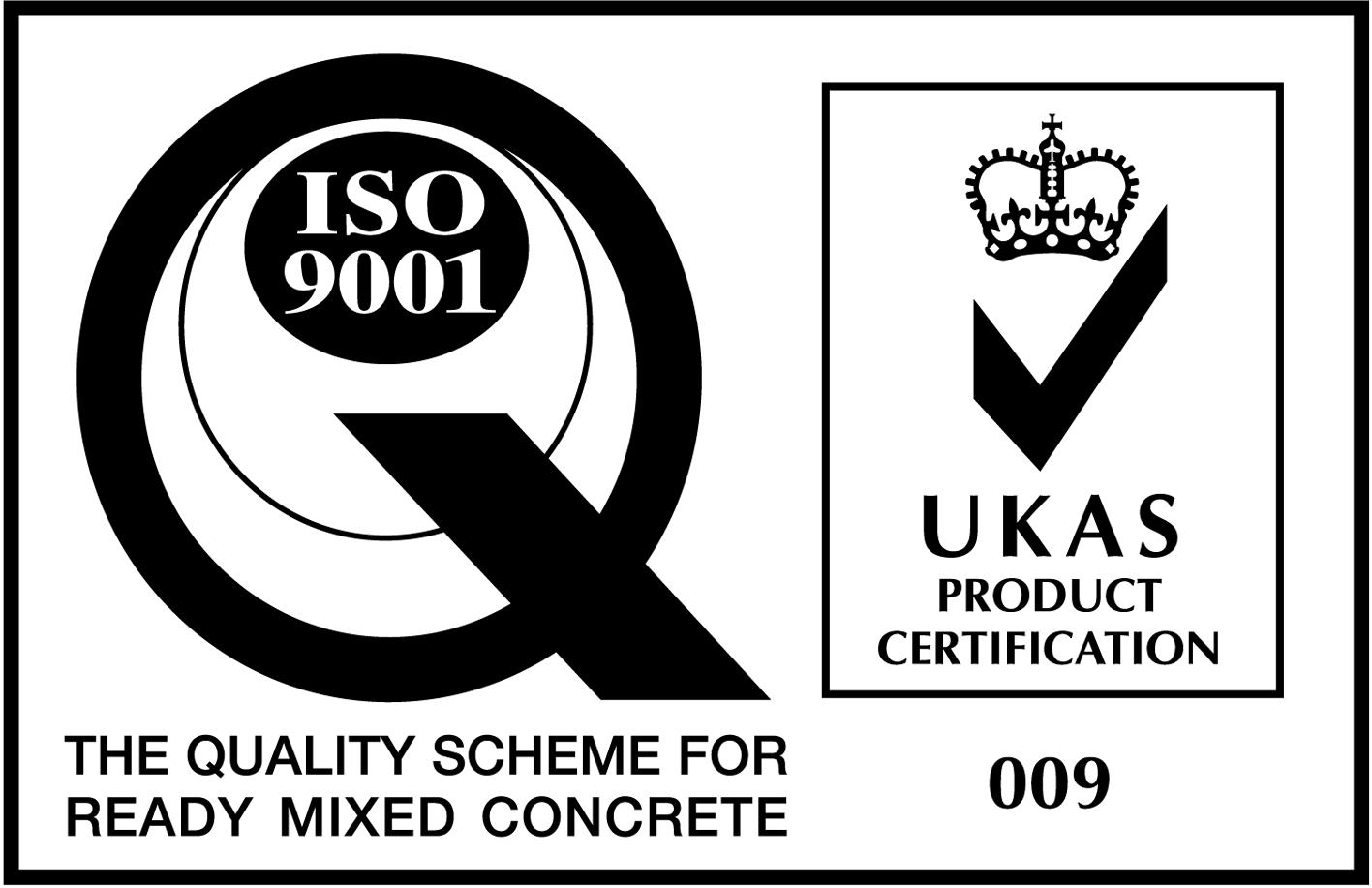6 Reasons Why Concrete Cracks
Learning what makes concrete crack is the first step to avoiding the issue. Cracks can reduce the strength of the concrete and its visual appeal, so it should be avoided as best as possible. In this article, we take a look at 6 common causes of cracked concrete. Read on to make sure you produce uncracked concrete for your project.
Plastic shrinkage cracks
Plastic shrinkage cracks are the most common types of cracks found in concrete. They occur when the concrete is subjected to a very rapid loss of moisture, usually as a result of changes in temperature or humidity. When moisture evaporates from the surface of concrete in its plastic state, it leaves behind large voids that make the concrete weaker and more prone to cracking.
Expansion cracks
Very hot weather will cause the concrete to expand, placing great stress on the slab. As it expands, the concrete will push against anything in its path. If neither has the ability to flex, the resulting force will cause the concrete to crack.
Settlement cracks
Settlement cracks typically occur following a void being created below the surface of the concrete. Examples of these include when a large tree is removed or a utility company digs a trench for their lines or pipes. If the void isn’t compacted properly, the concrete may sink, causing it to crack.

Weight overloading cracks
As it sounds, these types of cracks are caused by excessive weight on top of the concrete. Although concrete is an extremely strong material, it does still have its weight limits and can crack under a heavy load. The concrete is most prone to weight overloading cracks during its earliest stages, before it has fully cured. This is why we recommend leaving concrete for at least 48 hours before walking or driving over it.
Premature drying
When the surface of the concrete loses moisture too quickly, it can present with ‘crazing cracks’, which are very fine surface cracks. Crazing cracks can be unsightly but they shouldn’t result in the concrete losing any significant strength.
Weathering cracks
Cracks can form in concrete as a result of fluctuating weather conditions. Most commonly it is a result of freezing and thawing. Excess moisture in the concrete expands upon freezing, forcing cracks in the concrete. The cracks can then make the concrete more vulnerable to further cracking in the future, as they provide a gap for more moisture to settle into.
One of the best ways to avoid cracks in your concrete is to use a high-grade concrete mix. At Total Concrete, we supply the finest grade of concrete, mixed to your exact specifications. We can mix the concrete at our specialist facility or directly on your site to eliminate the risk of expense or over ordering. Whichever you choose, you’ll receive high-quality concrete and top-class customer service by our dedicated team.
We provide our services to domestic and commercial customers in Woking, Guildford, Surrey and the surrounding areas.
 Trade Zone
Trade Zone
